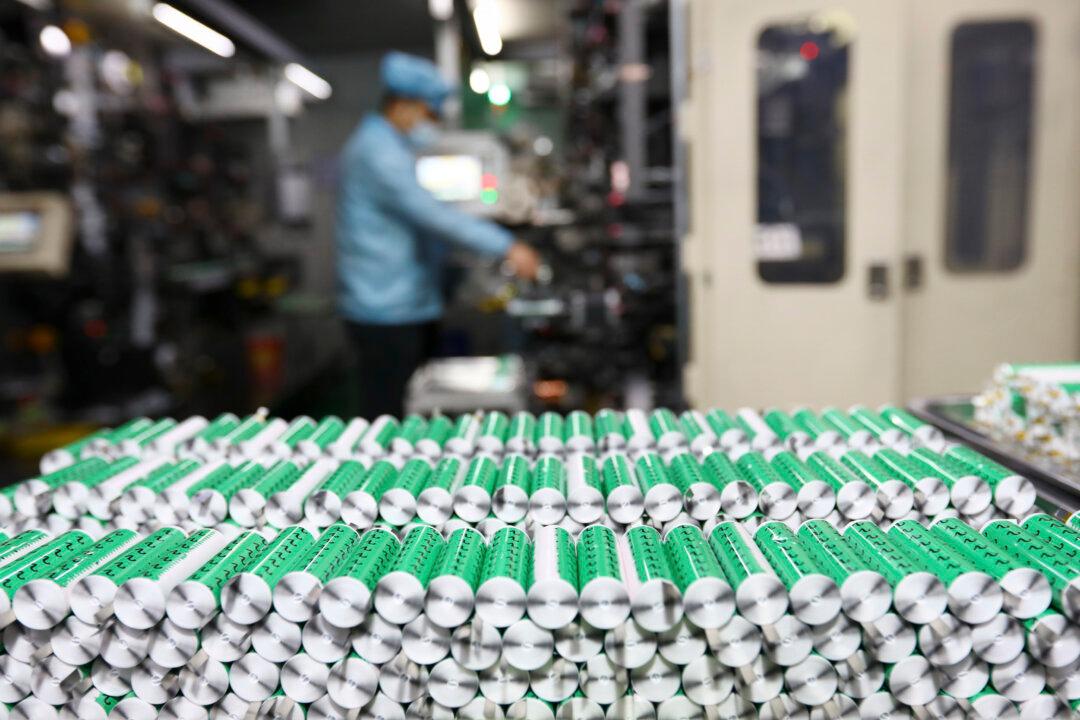Ottawa did not review the potential national security impacts of a Chinese state-owned company’s plan to purchase Canadian lithium company Neo Lithium Corp.
On Oct. 10, 2021, Zijin Mining Group Ltd. announced its plan to acquire all of Neo Lithium’s outstanding common shares for $960 million. Neo Lithium’s shareholders approved the arrangement with Zijin Mining at a special meeting on Dec. 10, 2021.





